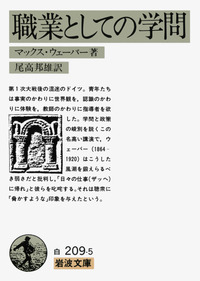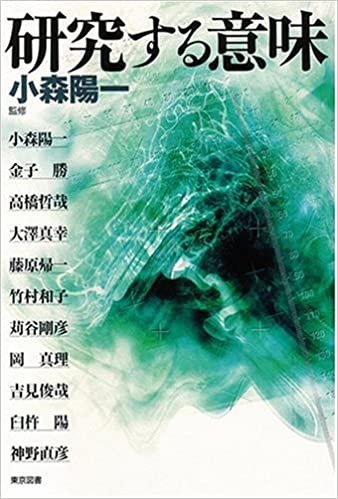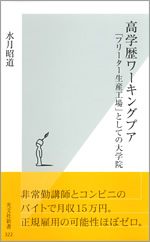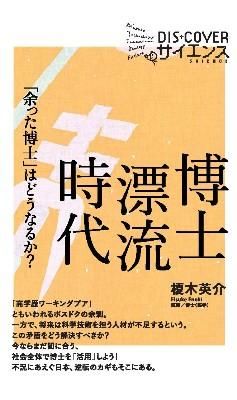About PhD
In this corner, we introduce information that will be helpful when proceeding to the doctoral course. Many of you who have enrolled in the master's course are wondering whether to proceed to the doctoral course. Please use it as a reference for your future career.
Basic data
of the University of Tokyo in May 2021A total of 6007 doctoral studentsIt is Looking at the table below, we can see that the proportion of students who advance from master's to doctorate varies considerably depending on the graduate school.
Of the University of Tokyo students who completed the master's course in 202027.3% (860 / 3155 students) go on to a doctoral course at the University of Tokyo is. This rate has been increasing since 2017, reaching 23.9% in 2017, 26.1% in 2018, and 26.9% in 2019.
Graduate schools with a high percentage of students who go on to doctoral programs may find it difficult to access information on job opportunities for those graduating from master's programs and alumni networks. Try to collect information early on yourself and take action (for job hunting Recommendation for job hunting).
2020 Master's Degree Completion Rate
| Master's degree graduate | further education | Education continuance rate | |
|---|---|---|---|
| humanities and social sciences | 114 | 63 | 55.3% |
| pedagogy | 70 | 24 | 34.3% |
| Law and Politics | 25 | 12 | 48.0% |
| Economics | 100 | 21 | 21.0% |
| Comprehensive culture | 229 | 83 | 36.2% |
| Science | 359 | 191 | 53.2% |
| Engineering | 1025 | 167 | 16.3% |
| Agriculture Life Science | 278 | 53 | 19.1% |
| medical school | 53 | 24 | 45.3% |
| Pharmacy | 83 | 37 | 44.6% |
| mathematical science | 35 | 23 | 65.7% |
| Frontier science | 421 | 97 | 23.0% |
| Information Science and Technology | 264 | 47 | 17.8% |
| Interdisciplinary information | 99 | 18 | 18.2% |
From "Overview of the University of Tokyo"
Completion requirements, number of years required to complete
In order to complete the doctoral course, it is necessary to be enrolled for at least three years, obtain the required credits, and write a doctoral dissertation. This is mandatory for all graduate schools.
The number of years it takes to complete a doctoral course varies greatly depending on the graduate school. The following table shows the rate of completion within the standard term of study (percentage of students who wrote and completed a doctoral dissertation in three years) from 2010 to 2014.
| Humanities and social sciences | educational system | Law and Politics | Economics |
|---|---|---|---|
| 10.4% | 15.1% | 13.6% | 10.4% |
| Science | Engineering | Agriculture | Pharmacy |
|---|---|---|---|
| 53.7% | 37.6% | 59.8% | 80.6% |
Differences from master's programs in terms of research
What are the differences in research and daily life between the master's and doctoral programs? Let's take a look at the 2019 "Student Life Survey" conducted by the University of Tokyo.
- The average daily research hours are 6.6 hours for master's and 7.1 hours for doctor's, indicating that doctor's spend more time on research.
- I have fewer credits to take and more time for my research than for coursework. There will be more opportunities to present at academic conferences.
- Research costs are also increasing. The costs for all items, such as book costs, research costs, and conference participation fees, are higher for doctoral students than for master's students.
In addition, there are times when I spend my time helping with things other than research. If you become a doctoral student, you may be entrusted with teaching junior students or administrative work for academic societies. In addition, depending on the laboratory, when you enter the doctoral course, you may be entrusted with the research plan, so you will be required to have the ability to manage your own schedule. It is necessary to conduct systematic research with a doctoral dissertation in mind.
Career after graduation
Although it depends on the field of specialization, there are a certain number of people in the sciences who go on to research positions at companies. On the other hand, humanities students basically aim to become university professors or work at public research institutes. The prospects after completing the doctoral course are not necessarily bright. While the number of graduate students in doctoral courses is increasing, the number of undergraduate students will not increase much due to the declining birthrate, so there is little prospect of an increase in the number of university teaching positions.
However, the appeal of being able to work on something that interests you is unique to an academic career. Take a look at these merits and demerits and consider whether you want to go on to higher education.
A book guide for thinking about going on to a doctoral course
Max Weber, Science as a Vocation(Iwanami Bunko, 1952)

A classic of academic theory. Weber, a giant of the social sciences, preached the mindset that students who aspire to study as a career should have and what academics can do, and is full of suggestions for us today. The number of pages is small, so it can be read in a short time.
Yoichi Komori (Supervisor) “The Meaning of Research”(Tokyo Tosho, 2003)

Prominent researchers talk about their research, mainly to graduate students in the humanities and social sciences. Episodes from the young days of the authors are interspersed throughout the book, and are often encouraging. Personally, I was fascinated by Professor Kiichi Fujiwara's message, "Do you have the perseverance to fight for 10 years?"
Akimichi Mizuki "The Highly Educated Working Poor"(Kobunsha, 2007)

This book became famous for claiming that graduate schools, which had increased quotas due to the emphasis on graduate schools in the 1990s, were sucking up students who had difficulty finding jobs, creating a large number of "freeters." I can't deny that I am overemphasizing some cases, but it sharply cuts into the problems facing today's graduate schools.
Eisuke Enoki "Dr. Drifting Age"(Discover Twenty One, 2010)

While dealing with postdoctoral employment problems, mainly in science and technology, this book makes us think about the future of doctoral degree holders who are losing their jobs. increase. It may be a good idea for those who are thinking of going on to further study to take a look at the master's course.

